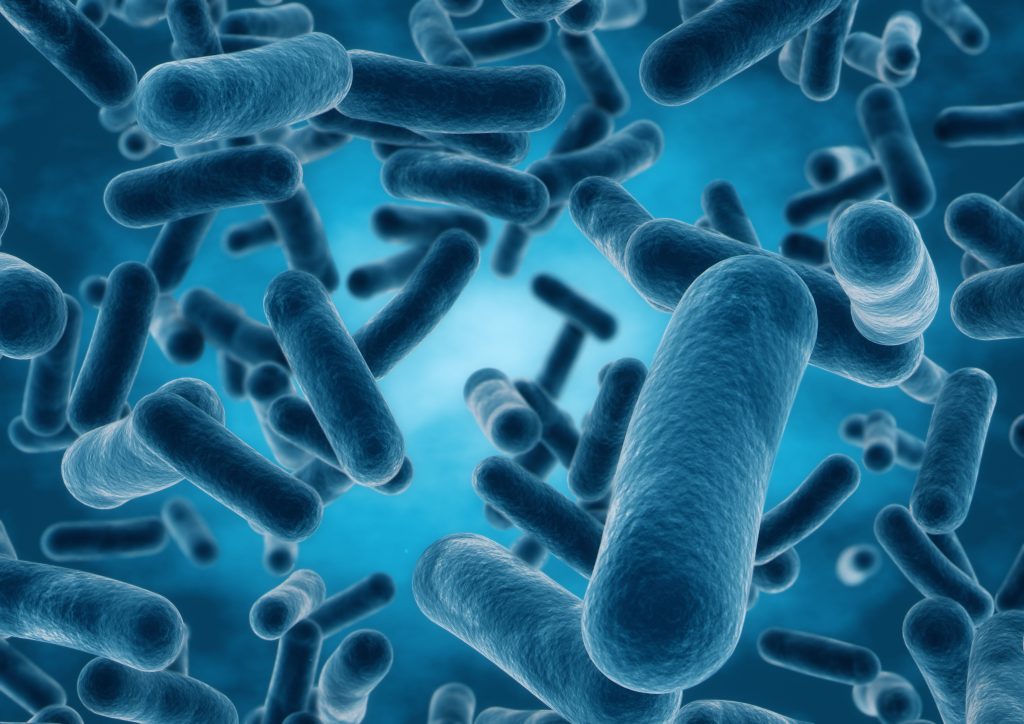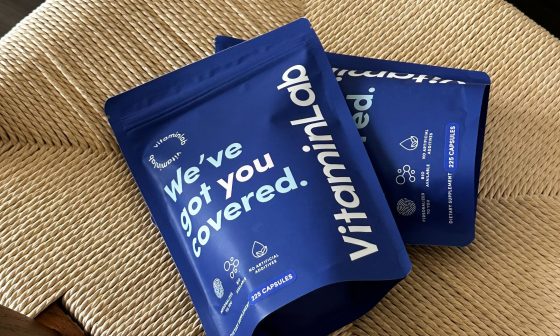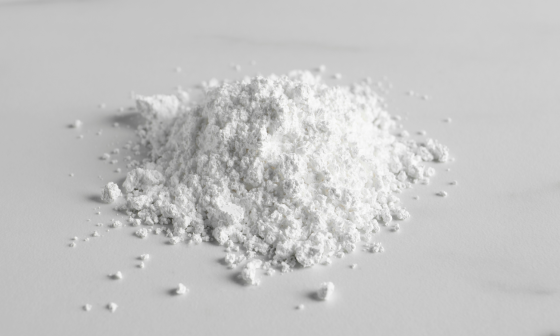Welcome to a gut-centric journey where we dive into the belly of the beast—quite literally! Your gut health isn’t just about digestion; it’s the puppet master orchestrating a harmonious dance of bodily functions. Your gut plays an integral role in your overall health, influencing everything from digestion to immune function. But, the plot thickens when antibiotics enter the scene—a staple in modern medicine and an essential tool in treating infections. Antibiotics, microscopic warriors we often need, but seldom understand, are powerful medications designed to combat bacterial infections. They can be a bit of a double-edged sword, killing off the harmful bacteria, but destroying the beneficial ones as well. It may not seem like much, but the gut has a direct impact on cognition, immunity, and energy levels. When the microbiome is off balance, other body systems start to take notice.
Signs of Gut Imbalance
Your gut requires a balance of bacteria to function optimally, and after a round of antibiotics, it’s normal for everything to be a little out of tune. This unhappy and unbalanced microbiome can lead to gastrointestinal issues, such as bloating, diarrhea, and cramps, which is why being mindful of antibiotic impact is so important. Look out for symptoms like:
- low energy/fatigue
- difficulty concentrating
- increased gas
- changes in bowel habits
- a weakened immune system
- yeast infection
- skin rashes or acne
Supplements: The Superheroes of Gut Restoration
Enter the heroes—supplements! These aren’t your average sidekicks—they are the power-packed allies aiding your gut’s triumphant return to equilibrium. Here’s what to have on hand when the need for antibiotics strikes.

Probiotics
Probiotics can bring balance back to your gut flora by restoring the good bacteria. These tiny warriors, consumed by the billions, help maintain digestive health and support your immune system, ensuring your gut ecosystem thrives once again. One of the main side effects of antibiotics is diarrhea, specifically Clostridium difficile (C. diff) associated diarrhea. Studies show the effectiveness of probiotics for combating C. diff-associated diarrhea. The lactobacillus species’ have the most evidence that they can restore balance after antibiotic-associated diarrhea.
You can take probiotics while still on your antibiotics, but it’s recommended to space them out by a couple of hours to prevent them from canceling each other out. To get the most benefit, combine multiple different strains as well as inulin, a prebiotic that provides food for these beneficial bacteria.
L-Glutamine
L-Glutamine helps restore equilibrium in the gut by acting as a key player in the repair and maintenance of the intestinal lining. As an amino acid, L-Glutamine serves as a crucial building block for the cells lining the digestive tract, promoting their regeneration. By reinforcing the gut barrier, L-Glutamine helps fend off potential disruptions caused by antibiotics, contributing to the overall restoration of digestive health.
Omega-3
Essential fatty acids have anti-inflammatory properties that can help soothe the intestinal inflammation often triggered by antibiotic use. By modulating the immune response and promoting a balanced inflammatory environment, omega-3s assist in the repair process of the gut lining. They also encourage the growth of beneficial bacteria, fostering a harmonious microbial balance in the digestive system.
Resveratrol
Resveratrol, a natural compound found in certain plants like red grapes, berries, and peanuts, is known for its antioxidant and anti-inflammatory properties, which may contribute to maintaining a healthy gut environment. Resveratrol has been shown to modulate the gut microbiota by promoting the growth of beneficial bacteria and inhibiting the proliferation of harmful ones. Additionally, it may help enhance the integrity of the gut barrier, reducing the risk of leaky gut syndrome.

Adaptogens
Adaptogens like ashwagandha and holy basil can help modulate the stress response and aid in reducing inflammation in the gut. Integrating adaptogens into your routine, especially during the convalescent phase, can contribute to overall resilience, helping your body recover from the impact of antibiotics. Their harmonizing effects on the endocrine and immune systems make adaptogens an excellent complement to the restoration of gut flora, providing comprehensive support for a balanced recovery after the challenges of antibiotic therapy. You can read more about adaptogens and their many benefits here.
Lifestyle Habits for Gut Health:
Our gut health isn’t just about what we ingest—mindful eating and stress-busting activity can help to restore the gut’s delicate equilibrium.
Balanced Diet
To ensure you’re getting the most out of your supplements, we recommend coupling your formula with a balanced diet packed with fibre, fruits and veg—bonus points for including fermented foods like kimchi, kefir, kombucha, yogurt and sauerkraut. Try to limit refined sugar, and drink plenty of H2O!

Adequate Sleep
Sleep plays a crucial role in restoring gut health as it is intricately connected to the body’s overall well-being. During sleep, the body undergoes various essential processes, including repair and regeneration—the gut benefits significantly from this restorative phase. The circadian rhythm, which helps regulate the sleep-wake cycle, also influences the gut microbiota’s balance and diversity. Adequate sleep promotes a healthy balance of beneficial bacteria in the gut, fostering proper digestion and absorption of nutrients.
Stress Management
Stress can have a negative impact on gut health, even when your gut is in perfect harmony, so when you’re trying to restore balance, it’s best to keep stress low. We know that this is easier said than done, but incorporating mindful practices, and getting your daily dose of self-care can not only fill your mental health cup but can help to get your gut health back on track. Even something as simple as a few deep breaths before meals and slower, mindful chewing can help!

Regular Exercise
When it comes to health, everything goes hand in hand. By adding in daily movement, you can support sleep quality, stress levels, and you guessed it—gut health. Higher activity levels can improve the mucosal immunity in the gut, promote healthy bacteria, and strengthen the gut barrier. In a study following forty women, twenty exercised for three hours a week, and the other twenty exercised for one and a half hours a week—it was shown that the women who exercised more had higher levels of good bacteria.
Remember, reclaiming balance after antibiotics takes a collaborative effort between supplements and some lifestyle tweaks. Also, be patient, rebuilding your beneficial bacteria takes time, but following these few simple suggestions can put you on the path to gut glory. May your gut regain its rightful place as the maestro orchestrating your body’s symphony!






